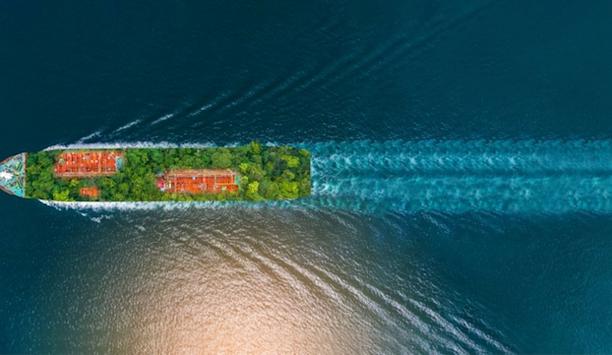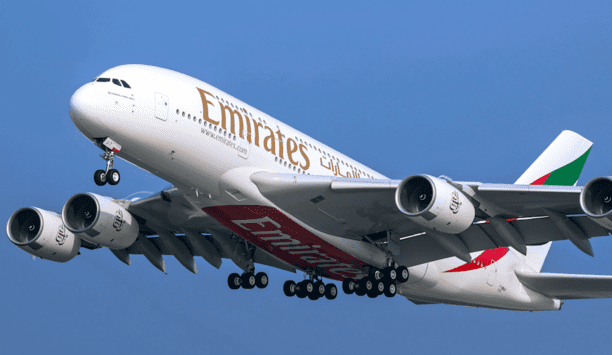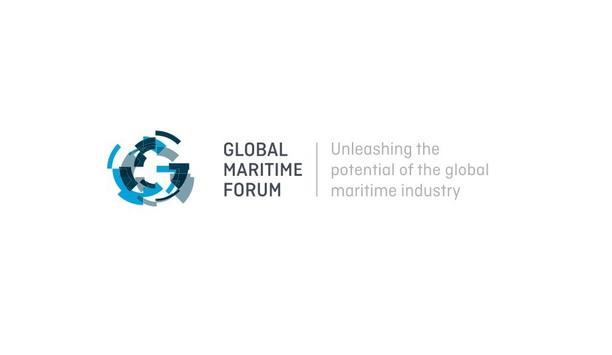A strategic partnership with Maersk helped Coast Beacon expand their US footprint and optimise their supply chain at the same time.
The US frozen fish and seafood industry is a multibillion-dollar industry, with 70% being imported. As shipments come in from all over the world, getting the frozen products to cold stores around the country quickly is the key to maintaining quality.
Multiple cold stores
For frozen seafood distributor Coast Beacon, exceptional customer experience is as important a priority as delivering premium quality fish. The California-based company is the largest importer of frozen fish into the United States, partnering with the Vinh Hoan Corporation in Vietnam. They ship in 4800 forty-foot refrigerated containers (FFE) every year, with Maersk handling 50% of the total volume.
Frozen goods companies across the country are battling a storage capacity crunch, particularly at the major hubs of Los Angeles, Houston and New Jersey. Congestion at major ports and space limitations with ocean shipping are also creeping in. Coast Beacon were also tackling issues stemming from the limited space agreements with their cold store provider. They needed a vendor who could not only offer more space but also set up multiple cold stores across the country quickly.
Resolving operational constraints
The company was also working to defragment their supply chain and resolve operational constraints
The company was also working to defragment their supply chain and resolve operational constraints. They were looking for a strategic partner with whom they could build a deep long-term relationship as they expanded their business nationwide.
The answer to Coast Beacon’s problems came in the form of Maersk’s new venture in the L&S cold chain business. They were in a prime position to help consolidate their logistics needs under one roof by integrating the ocean and cold store agreements. With the support of the Maersk Vietnam team, Maersk US began with one location (Houston) and grew to 9 locations spread across the country processing 40-50% of the containers coming in.
Significant cost savings
This enabled Coast Beacon to streamline their supply chain by reducing their dependency on external vendors from 3-4 per shipment down to one, that was also facilitating other container services for them. Coast Beacon found great value in working with a single strategic partner providing end-to-end service and the operational flexibility that Maersk gives them.
The company continues to be the driving force behind the US cold storage industry’s rising growth. They were able to make significant cost savings from supply chain efficiencies and provide better service and visibility to their customers, who are now coming to Maersk for similar setups. Coast Beacon is now exploring options of further integrating with Maersk on the Vietnam land side activities to achieve further efficiencies. This will add a vision for readers that they are partners that continue to work towards customer's success.









